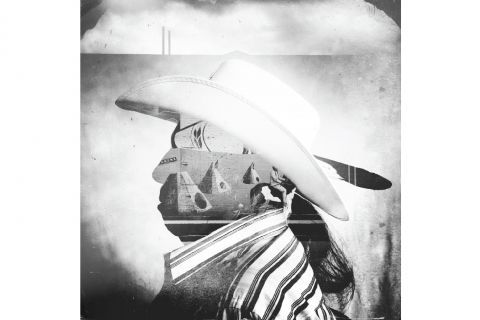How do you form questions that elicit stories? How do you capture the information from an interview with a picture? How is identity influenced by history and culture?
Educators are invited to explore these questions, while also engaging with reporting and photography exercises, as part of a workshop on Wednesday, January 18, 2017, from 4:30-7:00PM at the Pulitzer Center on Crisis Reporting. Led by award-winning photographer Daniella Zalcman and the Pulitzer Center education team, the workshop is inspired by Zalcman's reporting project, Signs for Your Identity, which examines the legacy of government-mandated residential schools for indigenous children in the U.S. and Canada.
For more than a century, the Canadian government operated a network of Indian residential schools meant to assimilate young indigenous students into western Canadian culture. Indian agents would take children, as young as two or three years old, from their homes and send them to church-run boarding schools where they were punished for speaking their native languages or observing any indigenous traditions. Sexual and physical assaults occurred as well as medical experimentation and sterilization.
The last residential school closed in 1996. The Canadian government issued its first formal apology in 2008.
Zalcman interviewed survivors of Indian residential schools and then created double-exposure portraits with her iPhone that blended an image of the interview subject with an image of a place or object that reflected information from the subject’s past. Workshop participants will meet with Zalcman to learn about her reporting, and then will experience her reporting and photography process.
They will start by practicing questioning and listening skills, and then will apply those skills by conducting an interview with another workshop participant. They will use that information to create double-exposure portraits reflecting what they learned from the person they interviewed. This session will also feature an introduction to Pulitzer Center’s free educational resources and programming. Light refreshments will be provided.
While this workshop is open to all Washington, DC-area educators, registration is required.
"Signs of Your Identity" Workshop for Educators
Wednesday, January 18, 2017
4:30-7:00PM
Pulitzer Center on Crisis Reporting
1779 Massachusetts Ave NW, Suite 615
Washington, DC 20036
Remember to register
